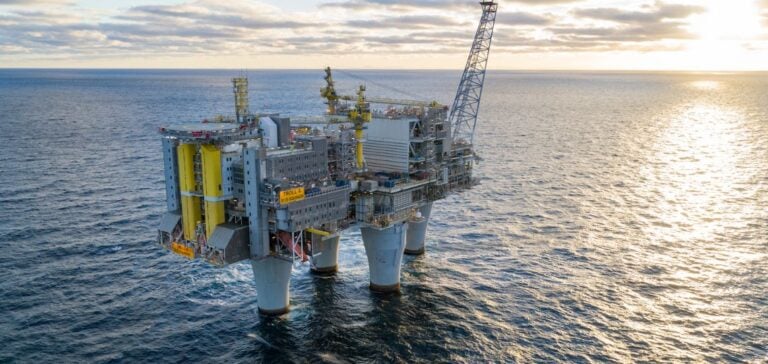The United Arab Emirates, OPEC’s fourth-largest producer, succeeded in obtaining a higher production quota at the OPEC+ ministers’ meeting on June 2. This agreement will enable the country to pump an additional 300,000 barrels a day, an increase that will be phased in over the first nine months of 2025. While the other OPEC+ members have agreed to extend their current production cuts, totaling around 3.7 million barrels per day, for a further year, the United Arab Emirates is the exception.
The Abu Dhabi National Oil Company (ADNOC) recently increased its production capacity to 4.85 million barrels per day, with the aim of reaching 5 million barrels per day by 2027. With the new quota of 3.519 million barrels per day, ADNOC will still have excess production capacity of over 1.3 million barrels per day. Other Emirati oil companies, such as Sharjah National Oil Co. and Emirates National Oil Co. are contributing additional barrels. Iran is also planning to increase its oil production.
A heavyweight in reserve capacity
Despite the increase in production, the United Arab Emirates will still maintain 30% of its capacity offline, compared with the current 40%. In terms of excess production capacity relative to total production, the United Arab Emirates clearly stands out from the other members of the organization. Even Saudi Arabia, OPEC’s largest producer, keeps only 25% of its total production in reserve, a smaller share than that of the United Arab Emirates.
This increase in daily production is beneficial for the United Arab Emirates’ plans to expand its energy sector and become self-sufficient in gas by 2030. Most of the gas produced in the country is associated gas, production of which is limited by the OPEC+ oil production quota. ADNOC Gas, a subsidiary of ADNOC, plans to invest more than $13 billion over the next five years in various gas projects.
Maintaining unity within OPEC+.
The increase in the UAE’s production quota can be interpreted as a measure to keep the country satisfied within OPEC+ and avoid any repetition of the divisions that marked previous summits in November 2020 and July 2021. On both occasions, dissension became public, accompanied by media speculation about the possibility of the United Arab Emirates one day leaving OPEC.
According to an analysis by the Baker Institute, such a move could bring the UAE between $50 and $70 billion a year in additional revenues by 2028. However, the current agreement seems to have eased tensions, allowing the UAE to pursue its expansion plans while remaining within the OPEC+ fold.
The OPEC+ production increase comes as crude oil exports from the United Arab Emirates by sea fell significantly in May, with average daily export volumes of 2.694 million barrels per day, down 22% on April’s 3.433 million barrels per day. Upper Zakum crude oil exports also slowed by 9% month-on-month. Murban’s exports reached a record level of 1.666 million barrels per day in April, and declined only slightly in May to 1.369 million barrels per day.






















